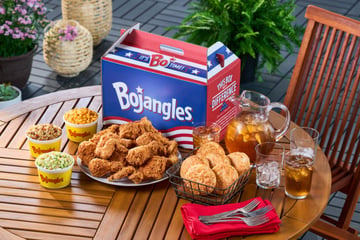This is Steve Rulison bringing you information on Shore friendly living and gardening from the Eastern Shore Master Gardeners and Virginia Cooperative Extension. From my perch near the mouth of Occohannock Creek, I recorded 7/10ths of an inch of rain last week.
For those of you who like to cultivate houseplants; have you ever seen an infestation of “white, cottony, fluffy stuff”?
Those fluffy, white clusters are adult female mealybugs; tiny, wingless, soft-bodied insects that congregate into colonies on stems and leaves. The females are covered in whitish, cottony wax filaments that stick to plant surfaces. Adult males have wings and can fly. Mealybugs are common throughout North America. They feed on a variety of plants, including flowers, vegetables, shrubs, and ground-covers. They also feed on houseplants and are found in nurseries and garden centers.
Mealybugs can carry pathogens that cause plant diseases. Most species of female mealybugs lay several hundred eggs at a time. In one to two weeks, the immature larvae, called crawlers, emerge. Crawlers feed on stems and leaves by inserting a mouth-part, called a stylet, into a plant and sucking out its sugary fluid. Mealybug saliva is toxic and coupled with mechanical damage caused by the stylet, plant distortion and leaf drop occur.
The larvae secrete a sweet waste product called honeydew, which sticks to leaves and stems, providing a growth medium for sooty mold fungi. Sooty mold does not penetrate the plant, but can block sunlight, thus interfering with photosynthesis, resulting in chlorosis, or yellowing of the leaves. Virginia Cooperative Extension’s VCE Publication 450-618 provides information on sooty mold on hardwoods and evergreens.
If you find mealybugs on your plants, what can you do? The best choices are insecticidal soaps and horticultural oils. These products do not affect plants systemically, so they must come into direct contact with the insects. Follow package directions to avoid damaging your plants. Spray when you first notice crawlers. Water plants well the day before and do not apply if the weather is hot, as soaps and oils can burn the leaves and stems.
For answers to Gardening questions and more, call your local Accomack or Northampton County Extension Office. Here on the Shore call either 678-7946 or 787-1361.













